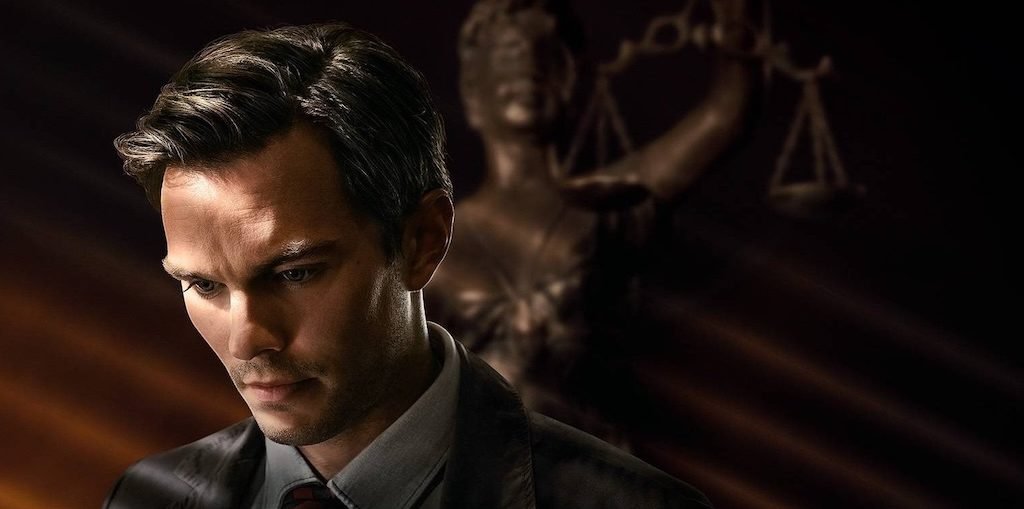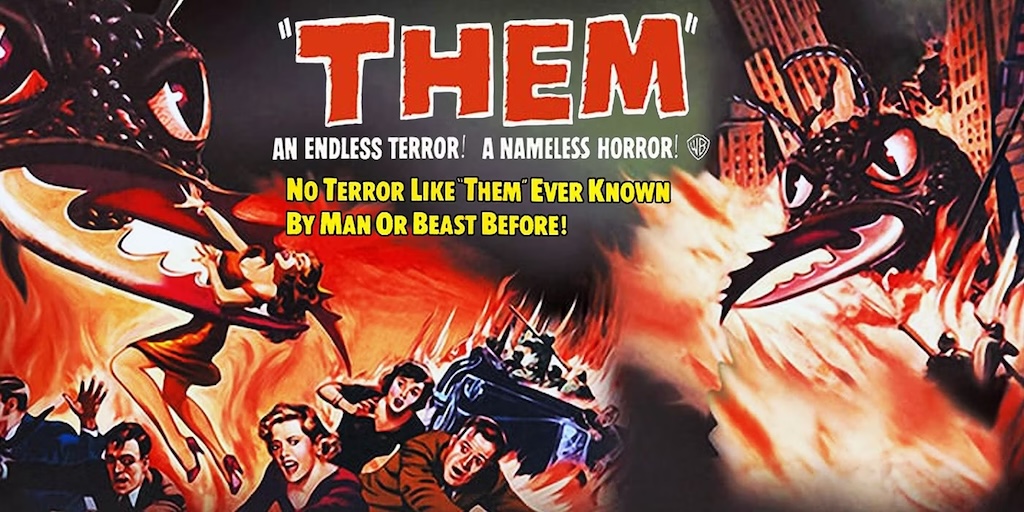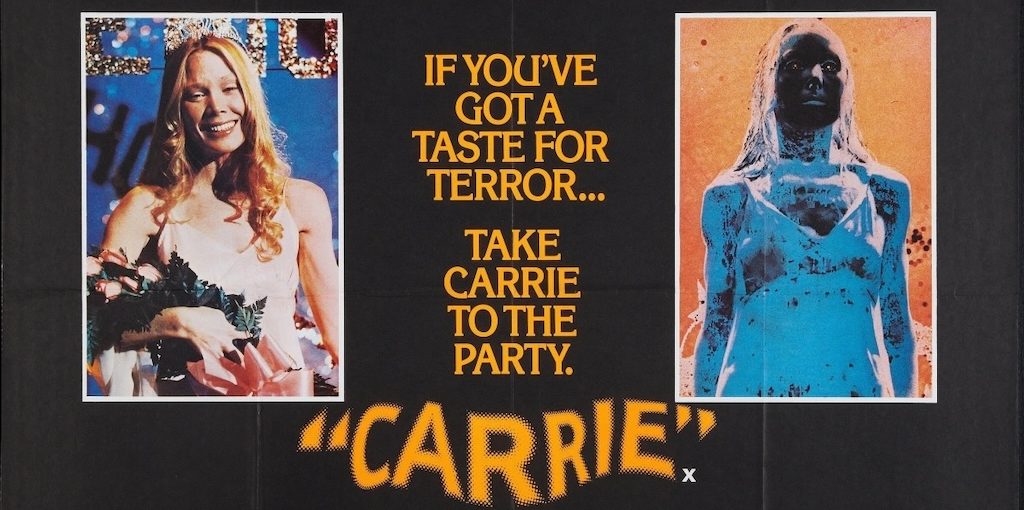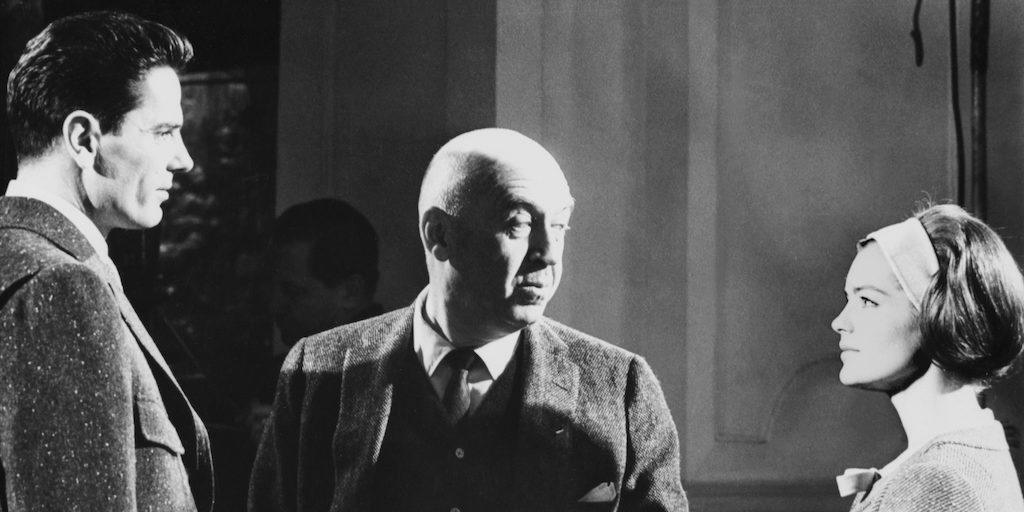I have to admit that the later stage of Clint Eastwood’s directing career, which started ten years ago now with the release of Jersey Boys and American Sniper, is the one I am the most interested with. Perhaps we will not find his best films in this decade, at least not the most well-rounded or most resounding ones, but we will find a filmmaker that maybe, and with the exception of American Sniper, does not seek for audience acclaim or making old laurels green again, but to just go on filming, quick, rushing the very few years he has left (of a stage that started at 84 years old). From there comes that he becomes unconcerned with verisimilitude or the coherence in many of his choices: from the exaggerated make-up effects that makes the protagonists in Jersey Boys look older to his role of heartbreaker of women that are fifty or sixty years his junior in Cry Macho, passing by (and this is a peak in his filmography) that doll pretending to pass for a baby in American Sniper, a doll that anyone can notice as such, without the director being the least concerned in concealing it… We may ask ourselves what for, if we already know this is a work of fiction, a mere representation.
Few movies I can remember in American cinema as atypical as The 15:17 to Paris, one of those titles about American citizens on vacation in Europe going undercover as a movie about some anonymous heroes that dismantle a terrorist attack in a train heading for Paris. Because, that is, if there is something connecting several of Eastwood’s films in this period is precisely his love of anonymous heroes or, for that matter, those professionals that limit themselves to do their job and thus, without expecting any recognition, save lives. There we have the protagonists in Sully, Richard Jewel, The 15:17 to Paris, and obviously, and once again, American Sniper and finally, the or those in Juror #2.
What is true is that in Juror #2 Eastwood is not talking so much about heroes as for people who have to follow their conscience (which, by today’s standards, can be called a heroic deed). And I mean Eastwood, when maybe I should quote screenwriter Jonathan A. Abrams, because this is a film sustained by a script that, a la Fritz Lang, places a moral dilemma at the core of his dramaturgy… or perhaps I should classify it as Hitchcockian as for the way it puts a wrong culprit on the scene (and the dilemma of its protagonist holds a certain comparison with the one in I Confess). Anyhow, this twisted yet smart script, both in its set-up and in its resolution, a very old school script, unusual in current Hollywood, is not always complemented by an equally subtle mise-en-scene, since Eastwood underlines some unnecessary moments, such as the extreme close-up of the “In God we Trust” when the verdict is read, or a framing placed behind the statue of Lady Justice after the encounter between our juror No. 2 and the prosecutor right after the trial. Details that at the end of the day are minor ones; a byproduct, of course, of that lack of concern or lightness with which our director shoots.
At the core of the film, we find Justin, whose wife is at the final stages of a pregnancy. Justin receives a citation to perform jury duty in a trial for the murder of a woman at the hands of his boyfriend which, without him even suspecting it, suddenly brings him back to a year ago, when they lost twins at the final stages of pregnancy and he was struggling with his alcoholism. All this past information will be provided to us by a series of flashbacks that emanate from Justin’s memory when, upon the reading of the facts to be judged, he becomes aware that he was at the crime scene that day. Not only that; there is also not only the possibility that the accused might not be the murderer, but that it might be Justin himself.
But Juror #2 is not only about this juror, portrayed by Nicholas Hoult with not a lot of depth, at least not with the nuances Toni Collette provides for Faith, her prosecutor character, whom precisely at that moment is running for office, for which a guilty verdict may imply a major incentive. Therefore, here we have a juror that knows about the accused’s innocence, but has reasons to have him pronounced guilty and a prosecutor with the same incentive and who has to find powerful reasons to go against her interests and find the truth… a truth that was before her eyes and will take long to acknowledge. Anyhow, professionality will prevail, in great deal because of the intervention of another juror, an ex-cop (portrayed by J.K. Simmons) which is the first in noticing the gray areas of the case. All these contradictions and the dilemmas of each one of these characters are exposed with an atypical honesty, for the audience’s information rather than for the dramatic benefit of suspense, something which is contributed by the very structure of the film.
Despite what it may seem, this is not a film that progressively moves forward towards its resolution, like 12 Angry Men would. Despite the first debates within the jury may appear to be, in Juror #2 we do not have an only juror willing to reverse the opinion of his other eleven fellow jurors, since this is a movie that comes and goes, that dares to adventure into multiple corners, only paying attention, uniquely and exclusively, to the interests and contradictions of its characters. Two scenes prove it: the scene which clarifies the change in Justin’s mind or the ending which Eastwood (or his writer) is hiding and postponing until Faith cracks the case, finding the evidence that not so much reveals a guilty party (something that is not necessarily clear) as to exonerate an innocent one. That is definitely what Juror #2 is about, of a world that cannot be defined only between opposites, between black and white, guilty and innocent, truth and lies, a world that has to take into account all the gray areas and in which personal interests (as legitimate as they may be) should never be imposed over those of others, much less to those in the community. In the days previous to an election that could define the future of not just a single country, I am not quite sure if, coming from whom it comes, this is the message Clint Eastwood wanted to deliver, but it is very much welcomed.
![]()
(United States, 2024)
Director: Clint Eastwood. Screenwriter: Jonathan A. Abrams. Cast: Nicholas Hoult, Toni Collette, J.K. Simmons, Zoey Deutch. Producers: Clint Eastwood, Adam Goodman, Jessica Meier, Tim Moore, Peter Oberth, Matt Skienna. Runtime: 113 minutes.
https://www.youtube.com/watch?v=EhkkBFhW-MM





